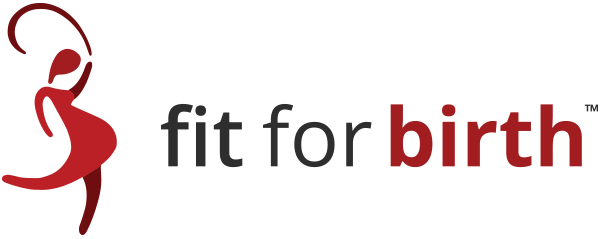It is well established that nutrition affects the growth of babies in the womb. What a pregnant mom chooses to eat is decisive. As the process of digestion slowly moves through mom’s system, each food affects the baby’s environment, either adding to or taking from the child’s health. The cumulative effects shape the child for life.

The last century has changed our food choices so radically, introducing tens of thousands of new food products. The quest for optimal nutrition is being investigated with such voracity that the lack of agreement among experts is disquieting.
More and more foods are being labeled “healthy” even while rates of illness and dysfunction are increasing. Chronic disease among infants is becoming so prevalent that a 2007 special report was created by the Journal of the American Medical Association (JAMA), dedicated only to the incidence in children. In the opening paragraph of the patient page, JAMA says “nutritional concerns” are one of the two factors that pregnant women must regard.
Chronic illness, says JAMA, is the kind of disease a child develops “lasting for years or even lifelong.” The report lists some common chronic childhood diseases:
- Asthma
- Cystic Fibrosis
- Diabetes
- Obesity
- Malnutrition
- Anemia
- Developmental disabilities—ADHD, Autism
- Cerebral Palsy
- Lung Disease
- Eye disorders—low vision, blindness
- Developmental delays
- Mental Illness
A few more details of this JAMA report appear in Chapter 59-Household Toxins Can Impair Baby’s Development
Certified clinical nutritionist, Carol Simontacchi, says “When a mother consumes a diet that undersupplies fats, proteins, carbohydrates, vitamins, minerals, and water for both her and the baby, some part of the baby’s brain development will be curtailed.” In The Crazy Makers, Simontacchi discusses the “critical periods” of a child’s lifelong development coming in the first, second, and third trimesters of pregnancy. She writes, “One critical period of neuronal growth is the first three months after conception, when each building block or nutrient must be present when the DNA/RNA blueprint calls for it…If they are not there, synthesis stops and the process must start all over again.”
What if those building blocks never arrive?
Simontacchi also writes, “If a period of malnutrition occurs anytime from week ten through week twenty-three (prenatally), a time when the numbers of cells are increasing, it is possible that irreversible damage has occurred. Fewer or less optimum numbers of brain cells will be produced.”
Without leaving the first five pages on the section entitled “Building the Infant Brain,” the pregnant mom can see exactly how important her nutrition is for her baby.
“The diet we enjoy in the twenty-first century differs markedly from the diet enjoyed by past generations,” says Simontacchi, hinting at the need to get back to the natural foods of our ancestors. She explains the traditional diet of past generations: “The one commonality they have is that the traditional diets are nutrient-rich in proteins, essential fats, unrefined carbohydrates (in the form of brightly colored vegetables and limited grains and fruit), and micronutrients (vitamins, minerals, and enzymes).” “Our diet of highly processed foods and artificial beverages,” compares Simontacchi, “doesn’t build better babies.”
